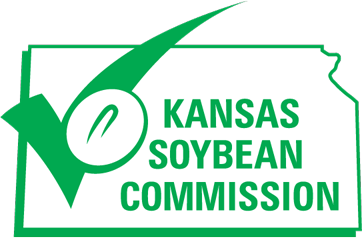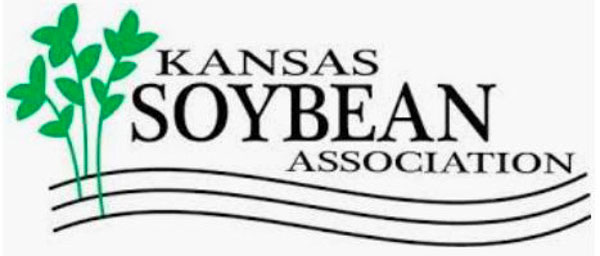Your checkoff dollars at work
K-State’s plan to improve mapping of soybean protein and oil
Kansas State University is conducting research on mapping soybean protein and oil quality in farmer fields. Agronomists, farmers and commodity traders have become more interested in soybean seed composition quality. According to the research summary, “Higher nutritional content of U.S. soybeans can help in marketing efforts and increase the economic value of each bushel.”
Other recent projects have made this possible by calibrating sensors instead of waiting to collect soybean seed samples and lab analyses. By producing the first soybean quality maps in the U.S. farmers and agronomists will have an interactive simulation tool at their fingertips to communicate the economic value of soybean quality — improving overall profits from the current soybean farming systems.
August 9-11, Commissioner Ron Ohlde traveled to Pennsylvania for the annual North Central Soybean Research Program (NCSRP) meeting. Ohlde attended to receive updates on current soybean research, review the budget and experience new technology during the Farm Progress show.
NCSRP is a soybean production research and extension outreach organization. The organization serves as a bridge between state and national soybean organizations by investing soybean checkoff funds in university research and extension programs that contribute to soybean farmer success now and in the future.
While there, he took part in a Q&A session with Representative Glen Thompson, Head of the Ag Committee. Ohlde shares he was impressed with Rep. Thompson’s knowledge and support of NCSRP.
Another key takeaway was how ongoing collaborative research is valuable. “Incorporate multiple collaborators and states to give broader spectrum of the issue — disease or virus or insect and broadens the horizon of research,” Ohlde said.
Ohlde’s advice to his soybean farming neighbors: Be aware of policy and how it is impacting soybean farmers. While checkoff funds are not used for lobbying, the outcome of research can help support movements.
“There is power in research and land grant funding, and science-based facts.” Ohlde said.

